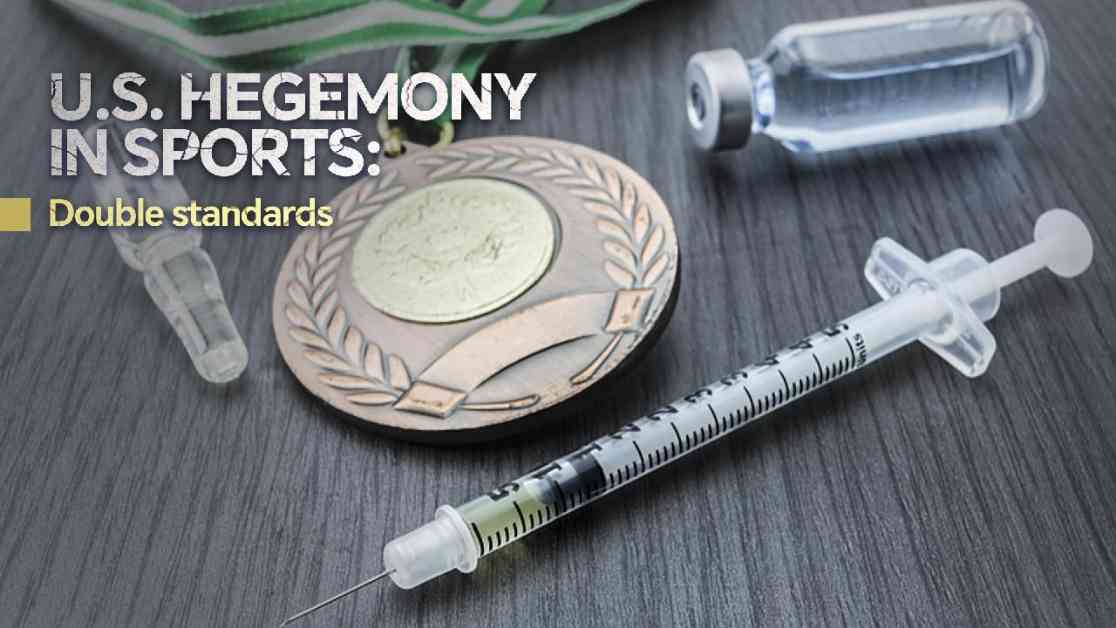As athletes from all over the world showcase their talents at the 2024 Paris Olympics, the focus on anti-doping measures has intensified, especially concerning the actions of the United States Anti-Doping Agency (USADA). The controversy surrounding American sprinter Erriyon Knighton has raised questions about the credibility and fairness of USADA’s practices.
The situation began when tests conducted by the World Anti-Doping Agency (WADA) revealed that Knighton had tested positive for a banned substance. Despite this, USADA decided not to suspend him, citing meat contamination as the reason. This decision was made even before WADA had reviewed the case or the appeal deadline had passed, raising concerns about favoritism and special treatment for American athletes.
Interestingly, USADA has been accused of allowing U.S. athletes with doping violations to compete without facing any consequences for years. This leniency contrasts sharply with USADA’s approach to Chinese athletes involved in similar contamination cases. USADA has been quick to demand sanctions against Chinese athletes, even in cases where WADA and independent investigations have cleared them of intentional doping.
The double standards displayed by USADA have not gone unnoticed, with critics pointing out the hypocrisy and unfairness of their actions. The controversy has even led to a U.S. House Committee requesting the Justice Department and the FBI to investigate the matter under the Rodchenkov Anti-Doping Act. This move has raised concerns about the overreach of U.S. jurisdiction in global anti-doping affairs.
Witold Banka, the President of WADA, has criticized the United States for politicizing anti-doping and accused them of applying double standards. He highlighted that the majority of U.S. athletes do not receive the same level of scrutiny and protection as athletes from other countries under the World Anti-Doping Code. CHINADA has also condemned USADA’s practices, calling out their claims of fairness and clean sport as contradictory to their actual behavior.
Public opinion on USADA’s handling of the situation has been overwhelmingly negative, with many suspecting that American athletes involved in doping may be getting preferential treatment or cover-ups. The controversy surrounding Erriyon Knighton and USADA’s actions have brought into question the integrity of anti-doping efforts in international sports and the need for consistent and fair practices across all countries.

















